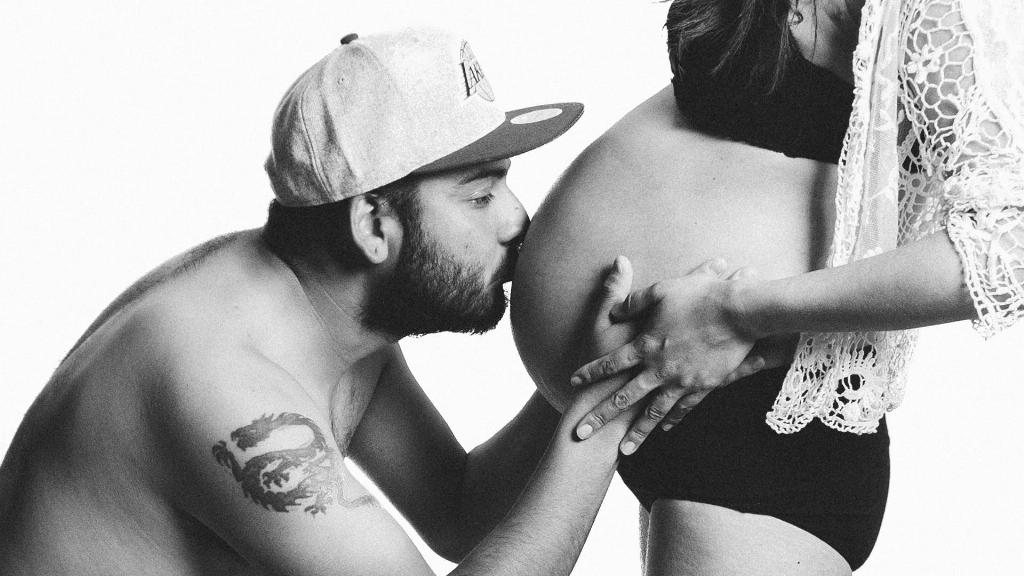Being extremely tired in the third trimester of pregnancy is a common experience for many expectant mothers. The physical and emotional demands of pregnancy can take a toll on the body, leading to feelings of exhaustion, especially as the due date approaches.
Reasons for Extreme Fatigue
One of the primary reasons for extreme fatigue in the third trimester is the increasing size and weight of the baby. As the baby grows, the mother’s body must work harder to support and carry the extra weight, which can be physically draining.
Changes in Sleep Patterns
Another factor contributing to fatigue in the third trimester is changes in sleep patterns. As the baby grows, it can become increasingly challenging to find a comfortable sleeping position, leading to disrupted sleep and overall feelings of tiredness during the day.
Decreased Energy Levels
Expectant mothers may also experience decreased energy levels in the third trimester due to hormonal changes and the body’s increased nutrient demands to support the growing baby. This can leave women feeling more tired and less motivated to engage in activities that once brought them joy.
Emotional Stress
In addition to physical changes, emotional stress and anxiety about the impending labor and delivery can also contribute to feelings of extreme tiredness in the third trimester. The combination of physical discomfort and emotional challenges can be overwhelming for many women.
Importance of Self-Care
During this critical stage of pregnancy, it is essential for expectant mothers to prioritize self-care and listen to their bodies. Resting when tired, eating nutritious foods, staying hydrated, and seeking support from loved ones can all help alleviate feelings of extreme fatigue.
Consulting with a Healthcare Provider
If feelings of extreme tiredness persist or are accompanied by other concerning symptoms, it is important to consult with a healthcare provider. Fatigue can sometimes be a sign of underlying health issues that may need to be addressed.
Support from Loved Ones
Having a strong support system in place can also make a significant difference in managing extreme tiredness in the third trimester. Partners, family members, and friends can provide emotional support and practical help to lighten the load for expectant mothers.
Understanding Individual Differences
It is important to recognize that every pregnancy is unique, and each woman may experience fatigue differently in the third trimester. Some women may feel more energetic, while others may struggle with extreme tiredness – both experiences are valid.
Gratitude for the Journey
Despite the challenges of extreme tiredness in the third trimester, it is crucial for expectant mothers to find moments of gratitude and joy in the journey of pregnancy. Connecting with the growing baby and practicing self-love can help uplift the spirits during this transformative time.
Preparing for the Arrival
As the due date approaches, it becomes increasingly important for expectant mothers to focus on preparing for the arrival of the baby. Creating a nurturing and welcoming environment, mentally and physically, can help alleviate some of the stress and fatigue experienced in the third trimester.
Patience and Self-Compassion
Above all, it is essential for expectant mothers to practice patience and self-compassion during this time of extreme tiredness. Recognizing the incredible work that the body is doing to bring new life into the world can help shift the perspective and foster a sense of empowerment.
Embracing the Journey
While extreme tiredness in the third trimester of pregnancy is a common experience, it is important for expectant mothers to remember that this phase is temporary. Embracing the journey with all its challenges and joys can lead to a deeper appreciation for the miraculous process of creating new life.

